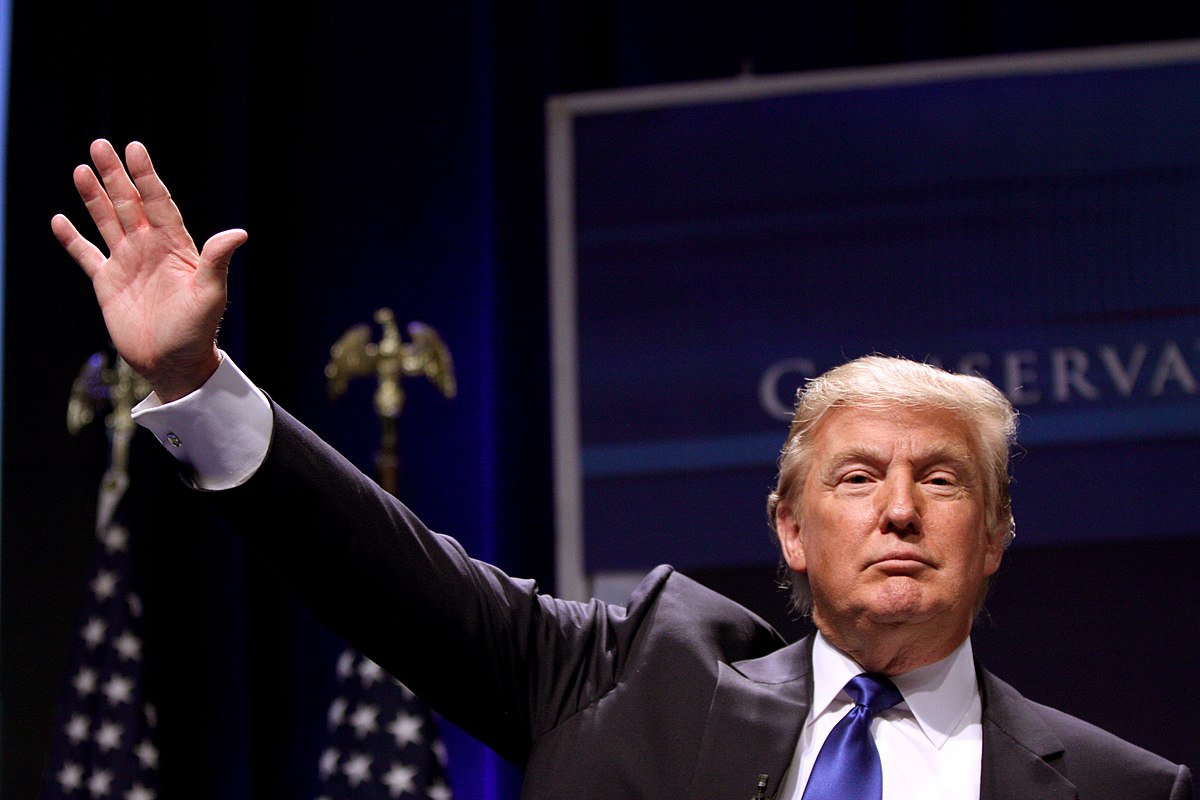- 14 3402-5578
- Rua Hygino Muzy Filho, 737, MARÍLIA - SP
- contato@latinoobservatory.org
The study conducted by the Pew Research Center (https://www.pewresearch.org/2024/04/02/views-on-discrimination-in-our-society/) reveals that a majority of Americans believe
that forms of discrimination are present in the United States, whether based on
religion, social status, or ethnicity. Using a sample of more than
12,000 U.S. adults, including American Jews and Muslims, the survey highlights
that about eight in 10 respondents perceive some form of discrimination against
groups such as Hispanics, Muslims, Jews, Arabs and blacks.
However, perceptions of the extent of
discrimination vary significantly among different ethnic and racial groups.
While 28 percent of respondents believe there is “a lot of” discrimination
against Hispanics, only 24 percent think the same about Asians. On the other
hand, 44 percent of U.S. adults see a lot of discrimination against Muslims,
slightly outnumbering blacks (40 percent), Jews (40 percent) and Arabs (39
percent).
Views on discrimination also reflect party
affiliation, with Democrats more likely than Republicans to perceive high
levels of discrimination against Muslims, Arabs, Hispanics and Asians. In
addition, the survey examined perceptions regarding the war between Israel and
Hamas, showing how different religious groups interpret the increase in
discrimination since the beginning of the conflict.
The study is released against a backdrop of
tumultuous racial and ethnic relations in the U.S., influenced by geopolitical
events such as the Israel-Hamas conflict and the immigration crisis. These developments
have sparked heated debates about support for different sides and resulted in
significant increases in complaints of anti-Muslim and anti-Palestinian
discrimination and hatred in the U.S., according to a report in Latin Times (https://www.latintimes.com/this-how-widespread-americans-think-discrimination-toward-latinos-552680)
In addition, anti-immigrant rhetoric has been on
the rise, exemplified by former President Donald Trump's intensification of
anti-immigrant language since the start of his campaign. This context reflects
a scenario of complex social and political tensions in the United States
regarding ethnic, racial, and religious diversity.











